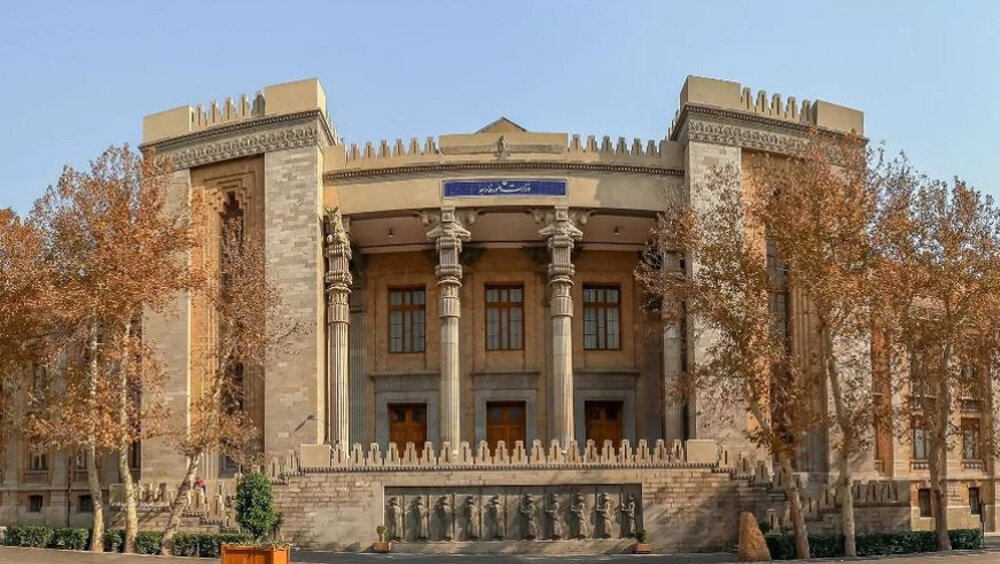Iran denounces Arab states’ claim to Persian Gulf Islands, Arash gas field

TEHRAN – Iran has strongly reiterated its sovereignty over the three Persian Gulf islands—Abu Musa, Greater Tunb, and Lesser Tunb—its rights to the Arash gas field, and the peaceful nature of its nuclear program, responding to recent claims by the Persian Gulf Cooperation Council (GCC).
In a statement on Tuesday, the Iranian Ministry of Foreign Affairs rejected “hackneyed and legally baseless” assertions by the GCC regarding the islands. The statement came after GCC foreign ministers issued a declaration on Monday in Kuwait, claiming that the islands belong to the United Arab Emirates.
Iran called the islands “inseparable parts of its territorial territory,” emphasizing that repeated claims would not alter the “geographical, historical, and legal realities” that underpin Iranian sovereignty. Tehran warned that it would take all necessary measures to ensure the security of the islands and protect its national interests in the region.
The trio of islands has historically been part of Iran, a fact supported by extensive historical, legal, and geographical records. While the islands were under British control from 1921, Iran restored its sovereignty over them on November 30, 1971, a day after British forces withdrew from the region and just two days before the UAE’s official formation.
On the Arash gas field, jointly claimed by Iran and Kuwait, the Iranian ministry reaffirmed Tehran’s historical and legal rights, rejecting “one-sided claims” from Kuwait. The GCC statement on Monday repeated previous assertions that Iran has no entitlement to the field.
Iran stressed that resolving the dispute over the Arash field—known as al-Durra in Kuwait—requires “bilateral dialogue, joint efforts, and a positive, constructive atmosphere” to safeguard mutual rights. The offshore field, discovered in the 1960s, contains an estimated 20 trillion cubic feet of gas, with nearly 40% lying within Iranian waters, capable of producing up to one billion cubic feet per day.
The ministry also highlighted Iran’s legitimate right to develop nuclear energy under the Nuclear Non-Proliferation Treaty (NPT), labeling any doubts about the peaceful nature of its program as “unjustified.” Tehran criticized the U.S. and European parties for obstructing negotiations, failing to honor commitments, and violating principles of the United Nations Charter and international law.
Responding to the GCC’s call for Iran to address all alleged Persian Gulf security concerns in nuclear talks, Tehran pointed to the “real and immediate danger” posed by Israel’s weapons of mass destruction. The statement urged regional countries to collectively pressure the international community to address Israel’s WMDs as a step toward a nuclear weapons-free zone in the region.
